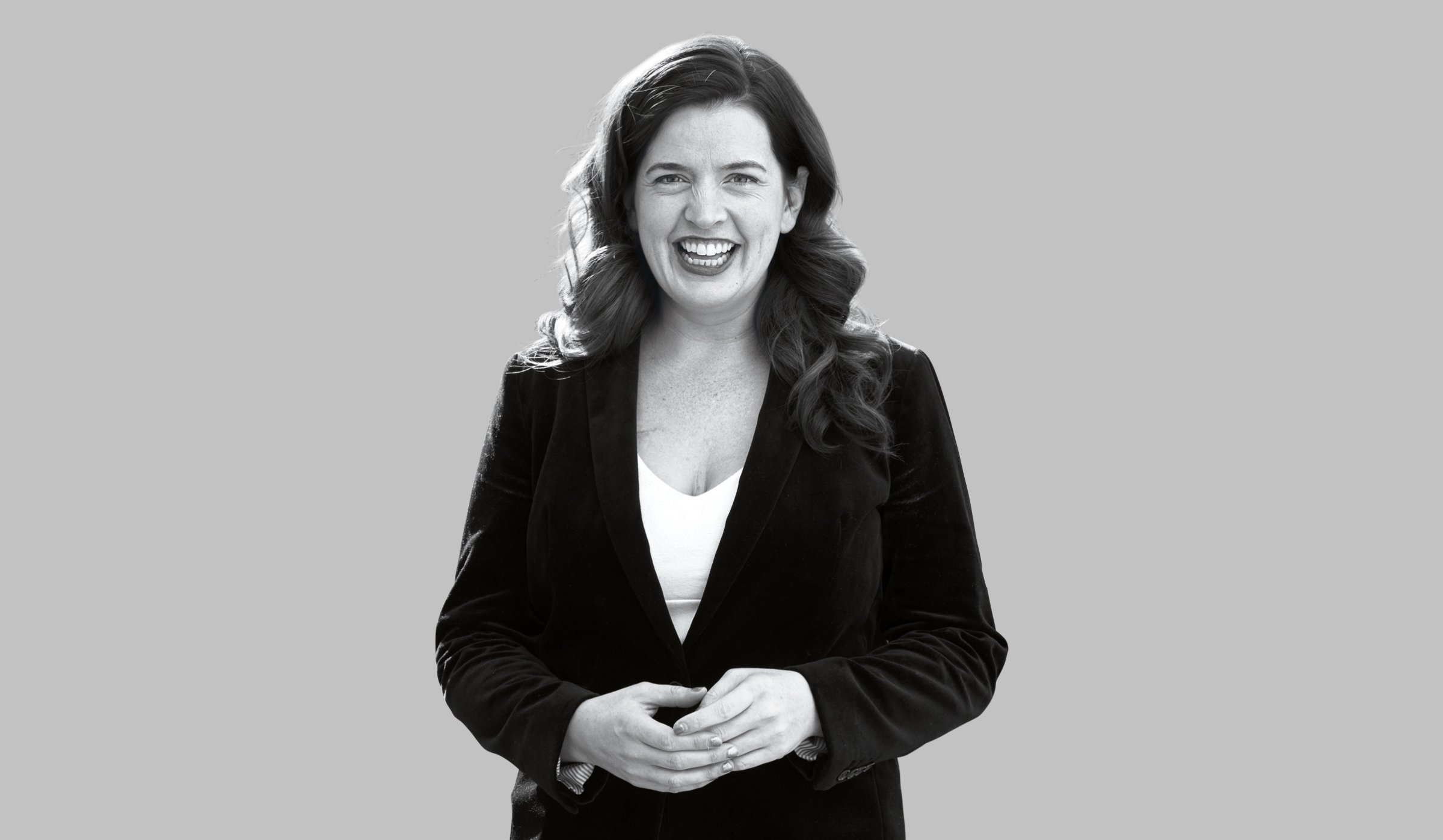
Kate Bowler was diagnosed with incurable stage four cancer at age 35.
But Bowler calls herself an incurable optimist. The professor of Christian history at Duke University and expert in the prosperity gospel tradition wrote a new memoir, Everything Happens for a Reason: And Other Lies I’ve Loved, and explores how to live when facing death.
She talks with TIME about how she has changed as a parent and professor since her diagnosis, how Christianity has both failed and saved her, and why she still believes in miracles.
The book is out February 6.
How do you live with so much uncertainty?
I don’t know what I would have done if I weren’t a mom. When you have a 2-year-old, he is not interested in your feelings or problems. The hilarious narcissism of toddlers was really freeing for me. Then I had all kinds of other problems. I am supposed to get tenure. But what if I don’t live through the year? Is it a colossal waste of time for me to be ambitious when I don’t know what anything is ever going to mean? That was part of writing the memoir. Creating a record for my son to know who I really am, all of my absurdity. Otherwise people will, when you die, lie about who you were. They will say you were perfect and constantly delightful, and not at all super-irritable after 10:30 p.m.
Why did you decide to keep working as a professor?
If we just keep going, it does make the world a little bigger for us, and it really does show people who you really were. When the world shuts down, then you realize, these are my plot points. This is my one job, this is the one man I love, this is my one kid. Infinite possibilities can be exciting, but sometimes even more beautiful is doubling down on the life that you have.
How did you change as a parent?
I became less invested in milestones and also those lovely hallucinations we have, when our kids are going to become astrophysicists. I also decided that my job is not to try to make the world safe. I think I thought you just create a beautiful, Instagram-y bubble for your kid, and then that’s parenting. And then I realized that I was going to be the worst thing that happened to him if it went badly. I couldn’t live with that. I decided that my new parenting philosophy is that I can’t protect him from the pain of the world, but I can show him that there is truth and beauty in the midst of it. And if I can make him that person, then I have won as a parent.
How have you reckoned with leaving your husband behind?
My supreme confidence in how amazing he is made me a little too flippant about that. He’s beautiful; he is the most baggage-free, stable person I’ve ever met. It took me awhile to realize that the person suffering and the person who is around the suffering person are living different lives. You are worried about wrapping everything up, and they are worried about a life that will go on diminished.
You are an expert in the history of health, wealth and happiness in American religion. Why do Americans see tragedies as tests of character?
It is one of the oldest stories Americans tell themselves about determination and some supernatural bootstraps. The double edge to the American Dream is that those who can’t make it have lost the test or have failed. The prosperity gospel is just a Christian version of that.
Did Christianity fail you?
Sometimes it felt like that, in part because of the stuff people said using the Christian faith to be incredibly trite. Christianity also saved the day. You really want a brave faith, one that says, in the midst of the crushing brokenness, there is the something else there, the undeniable, overwhelming love of God.
You’ve said one of the hardest things about being sick is other people trying to explain your suffering. What would you prefer?
People who hug you and give you impressive compliments that don’t feel like a eulogy. People who give you non-cancer-thematic gifts. People who just want to delight you, not try to fix you, and make you realize that it is just another beautiful day and there is usually something fun to do.
Do you believe in miracles?
I do. I like to be equally open to lovely things happening as to bad things happening.
More Must-Reads from TIME
- Donald Trump Is TIME's 2024 Person of the Year
- Why We Chose Trump as Person of the Year
- Is Intermittent Fasting Good or Bad for You?
- The 100 Must-Read Books of 2024
- The 20 Best Christmas TV Episodes
- Column: If Optimism Feels Ridiculous Now, Try Hope
- The Future of Climate Action Is Trade Policy
- Merle Bombardieri Is Helping People Make the Baby Decision
Contact us at letters@time.com